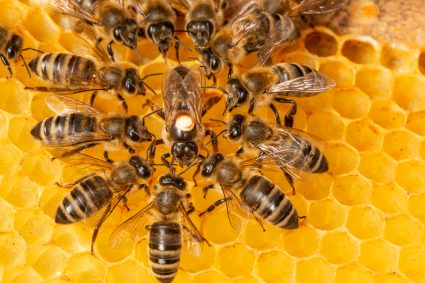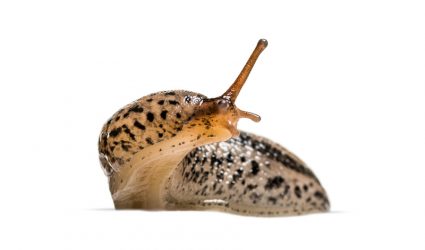
Rabies is a deadly viral disease that affects the central nervous system of mammals, including skunks. Recognizing the signs of rabies in skunks is crucial to avoid potential exposure to this fatal disease. This comprehensive guide will help you understand the symptoms, how to react if you suspect a skunk has rabies, and how to prevent its spread.
Recognizing signs of rabies in skunks includes observing for unusual behaviors such as daytime activity, aggressive behavior, difficulty moving, excessive salivation, and other abnormal behaviors like self-mutilation or disorientation. If you encounter a skunk displaying these signs, maintain a safe distance, contact local animal control, and keep pets and people away from the area. Prevention of rabies transmission includes keeping pets vaccinated, avoiding wildlife, and reporting sick wildlife to local animal control.
Recognizing the Symptoms of Rabies in Skunks
Rabies symptoms in skunks are similar to those in other mammals, but there are some specific signs to look out for.
Daytime Activity
Skunks are primarily nocturnal creatures. If you notice a skunk wandering around during the day, it could be a sign that it’s infected with rabies.
Aggressive Behavior
Skunks are generally reclusive and avoid humans. However, skunks infected with rabies may become aggressive and lose their fear of humans.
Difficulty Moving
Rabies affects the central nervous system, causing lethargy and difficulty controlling movements. A rabid skunk may appear to have seizures or move erratically, as if it’s drunk or partially paralyzed.
Excessive Salivation
Excessive drooling or foaming at the mouth can be a sign of rabies. This symptom is due to the virus affecting the salivary glands.
Other Abnormal Behaviors
A rabid skunk may exhibit other unusual behaviors such as self-mutilation, disorientation, or excessive vocalizing.
Note that these signs can also be indicative of other diseases, so it’s crucial to exercise caution and avoid approaching or handling a skunk displaying any of these symptoms.
What To Do If You Encounter a Rabid Skunk
If you encounter a skunk displaying signs of rabies, follow these steps:
- Maintain a safe distance: Do not try to approach or touch the skunk.
- Contact local animal control: Report your observations and location to your local animal control or wildlife removal services.
- Keep pets and people away: Ensure that pets and people stay away from the area where the skunk was spotted.
Preventing Rabies Transmission
Preventing the spread of rabies from skunks to humans or pets involves several steps:
- Keep pets vaccinated: Ensure your pets’ rabies vaccines are up-to-date.
- Avoid wildlife: Teach children not to approach or touch wildlife, including skunks.
- Report sick wildlife: Contact local animal control if you notice a skunk or other animal displaying symptoms of rabies.
If a pet or human is bitten by a skunk suspected of having rabies, wash the wound with soap and water immediately and seek medical attention.
Understanding Rabies in Skunks
Rabies affects the nervous system of skunks, causing a range of symptoms. It can take anywhere from three to six weeks for symptoms to appear after exposure, but the incubation period can be much longer. Skunks can also carry the virus without showing any symptoms for up to six months.
Remember that rabies is almost always fatal once symptoms appear, so it’s important to take any potential exposure seriously. By recognizing the signs of rabies in skunks and taking the appropriate precautions, you can help prevent the spread of this deadly disease.
Frequently Asked Questions
Can skunks transmit rabies to humans?
Yes, skunks can transmit rabies to humans if they bite or scratch a person. The saliva of an infected skunk contains the rabies virus, which can enter the human body through broken skin or mucous membranes.
Can you get rabies from a skunk spray?
No, rabies cannot be transmitted through a skunk’s spray. The virus is primarily transmitted through the saliva of an infected animal, not its spray.
How common is rabies in skunks?
The prevalence of rabies in skunks varies by region. In some areas of North America, skunks are one of the primary carriers of the rabies virus. However, not all skunks are infected with rabies.
Can a skunk have rabies and not show symptoms?
Yes, a skunk can carry the rabies virus for a long time without showing any symptoms. The incubation period for rabies in skunks can be up to six months. During this time, the skunk can still transmit the virus if it bites or scratches a human or another animal.
What should I do if my pet has been sprayed by a skunk?
If your pet has been sprayed by a skunk, the primary concern is usually the unpleasant smell rather than a risk of rabies. However, if your pet has been bitten or scratched by a skunk, it’s important to wash the wound with soap and water immediately and seek veterinary care, as there may be a risk of rabies transmission.











